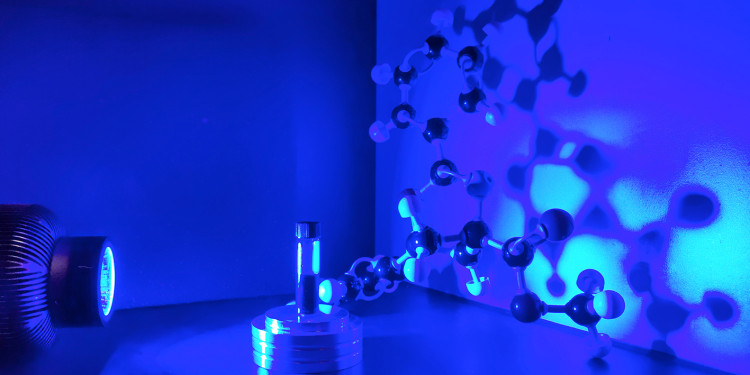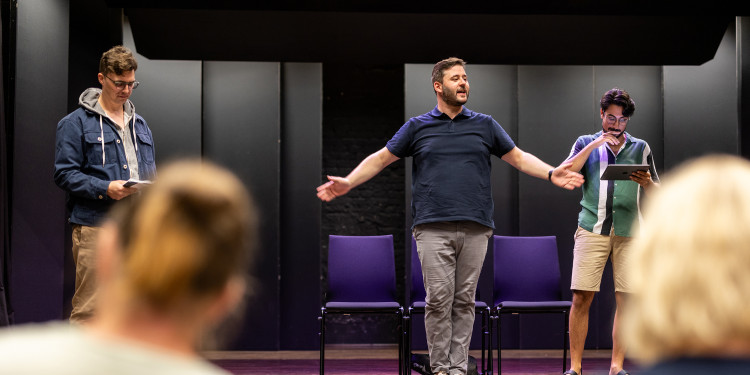


Study: Wellbeing increases when working hours are reduced
Events

Barbara von Groote-Gotzes talks about the ‘Ulysseus Days’

Study shows influence of elementary particles on the structure of atomic nuclei

New exhibition: ‘Body. Cult. Religion.’

New MRI scanner arrives at the Multiscale Imaging Centre

Archaeologists discover Armenia’s oldest church

15 years of promoting young talent in the interdisciplinary Life Sciences

Scientists decode black widow spider venom

Working on the nanometre scale

Long live the Drama

“What will count in the end is how we humans use AI”
Your search did not match any of our news releases.
Suggestions:
- Make sure that all words are spelled correctly.
- Try different keywords.
- Try more general filters.
- Expand the period of time.


